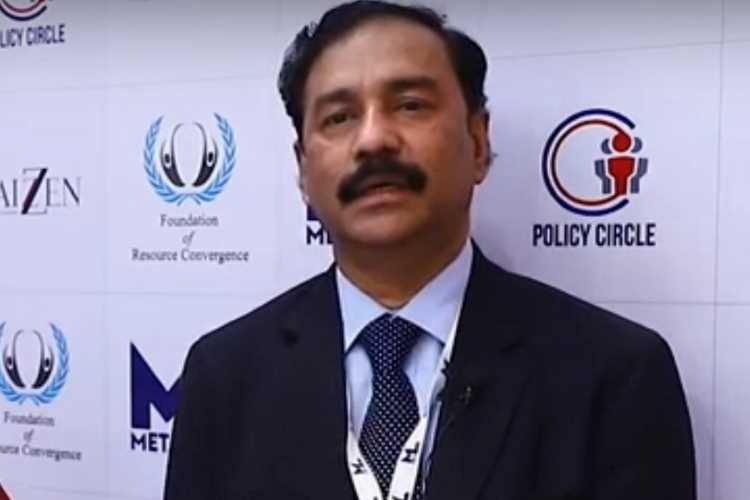
KIOCL is a pioneer in iron-oxide pelletisation in India. The profit-making PSU has built a global market over years. MV Subba Rao, chairman and managing director of the Bengaluru-based central PSU, talks about the company, the opportunities and challenges in a free-wheeling interview with Anisha Nayar Dhawan. Edited excerpts:
One issue the industry highlights regularly is the huge variance in taxes and levies charged on miners. How does this affect the industry?
Stamp duty varies from state to state. Karnataka has the highest stamp duty rate in India. While it helps state get more revenues, it makes the industry unviable. Stamp duties should be made uniform all over India. If one state charges higher levies, the industry will avoid that state in the long run.
Can there be uniform prices for raw materials across the country?
India is targeting 300 million tonne steel production capacity and 255 million tonne steel output. For this the industry needs to be encouraged. Unless we give competitive prices to raw materials, no one can improve their capacity utilisation. To achieve the target, we need to have uniform prices for raw materials across the country. Some countries are already controlling raw material prices so that their steel industry can sustain.
READ: Slurry pipelines: Common capacity can be created by all players
Are you suggesting a price cap on minerals?
Logistics plays a major role in the cycle of procurement. Companies that are far from mines should get a discount on freight charges.
PSUs have been efficient in mining and steel. How do you see the sector developing?
PSUs always look at the national interest, not the profits. SAIL, RINL, KIOCL look to improve sales by offering discounts under various segments. Currently, per capita steel consumption is 74kg in India. The steel industry is targeting 160 kg per capita consumption by 2030-31. Accordingly, we have to frame our prices to increase consumption. PSUs make huge contribution to the economy and generate lots of employment opportunities.
There is a call for uniform policies in the country. Are the policies different for private players and PSUs?
There should be uniform policies for all players. Steel capacities are increasing day by day. The government should look at speeding up statutory clearances. Before auctioning mines, the government should have all clearances in place.
What are your plans to improve productivity and capacity?
KIOCL has a capacity of 3.4 million tonne. We are producing 2.4/2.5 million tonne per annum. We do not have much demand for iron ore pellets in the domestic market. KIOCL exports 70% of its products. We have developed markets in Europe, Japan, South Korea, UK, while China is our largest market.
We are diversifying into exploration. We are handling 15 iron ore blocks up to G2 clearance. We are also working on blast furnaces for forward-backward integration by setting up sponge iron plant. We are trying to reduce the cost of production of pellets by modernizing our plant.
